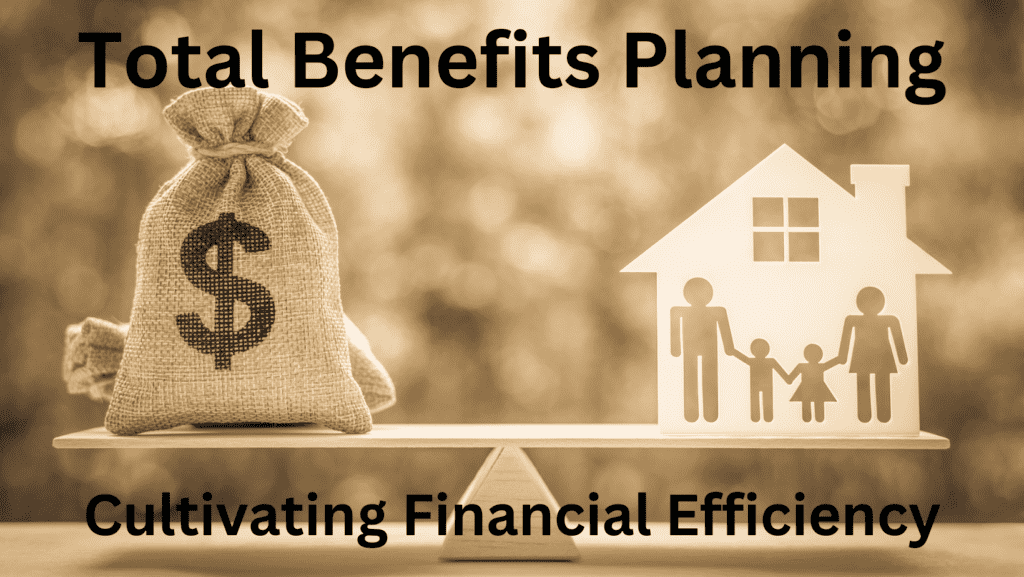According to the Federal Reserves Bank of New York, the amount of household debt in the United States increased to over $16.9 trillion. The balance increased across the boards by category with credit card debt exceeding $986 billion, mortgage balances rising to $11.92 trillion, auto loan balances reaching $1.55 trillion, and student loan balances exceeding $1.60 trillion. The average U.S. household owes more than $165,000 in debt, while according to Experian, the average American carries a debt balance of $96,371. As this debt has increased, the share of current debt delinquency has also increased indicating the need for getting out of debt by these households.
Bankrate Shared this insight concerning American Debt
- 74% of Gen Zers (ages 18-25) who took on student loan debt for their own education delayed a major financial decision as a result of the debt. (Bankrate)
- 68% of millennials (ages 26-41) who took on student loan debt for their own education delayed a major financial decision as a result of the debt. (Bankrate)
- 27% of those who took on student loan debt for their own education are delaying saving for emergencies. (Bankrate)
- 53% of Americans have more emergency savings than credit card debt. (Bankrate)
- 50% of Americans say that, when asked to prioritize, they would rather boost emergency savings than pay down debt. (Bankrate)
- 38% of households making between $50,000 and $74,999 a year have more credit card debt than emergency savings, the highest of any income bracket. (Bankrate)
- 60% of credit card debtors say they have been in credit card debt for at least one year. (CreditCards.com)
- 19% of those with credit card debt have been in debt for at least five years. (CreditCards.com)
- 31% of millennials (ages 26-41) with credit card debt say that day-to-day expenses are the primary reason why they carry a credit card balance from month to month. (CreditCards.com)
- 20% of baby boomers (ages 58-76) with credit card debt say that day-to-day expenses are the primary reason why they carry a credit card balance from month to month. (CreditCards.com)
In her CNN article, Nicole Goodkind points out that these rising costs are not likely to end soon, implying that household debt is going to increase as households try to stay afloat. Yet households are being strangled by debt. Look at the cost index for the average US household.

Helping You Get Out Of Debt
There is a whole industry that tries to help people get out of debt, with the different methods having varying degrees of success. However, most individuals find that they can’t afford the services or are afraid to ask. In addition, as there is little or no follow up, these individuals find themselves back in debt within a few years.
Typically a financial planner charges a few equal to 1% of the household income with a $1500 minimum. In addition, other charges may apply. To help with balancing your finances, we are offering the opportunity for you to get the services of a financial planner at no out of pocket cost to you. How does this work?
As part of becoming a Certified Financial Planner, there is a requirement for 6,000 hours of professional experience related to the financial planning process. In order to satisfy this requirement, we are making our services available for a limited time on a “Pro Bono” basis (no cost to you). You will receive our top level of service which includes:
- Initial 20 to 30 minute zoom meeting to describe how our system works and to ensure we can work together as well as a list of what we need and why
- Your Income and Wealth Potential report
- Personal Economic Model Report
- A second meeting after receiving the necessary information from which we will provide you
- Debt Elimination Plan
- Financial GPS report
- Retirement Ready report
- Establish your financial plan
- Scheduled follow ups as per the agreed on plan
- Annual reviews to your plan
- At anytime we will look at how an unplanned major purchase or event will impact your financial plan utilizing our Financial Scenario Lab
Fill our the form to get started today.
Total US Household debt exceeds $16.9 trillion. The average U.S. household owes more than $165,000 in debt, while the average American carries a debt balance of $96,371.
Transcript Imagine this circle represents all the money you’ll ever have. Your circle is bigger than some, and others are bigger than yours. But there’s one thing we all have in common when...
If you have had any previous experience with a financial advisor, chances are the conversation revolved around how much money you have, where it’s located, and we can do a better job. It...

